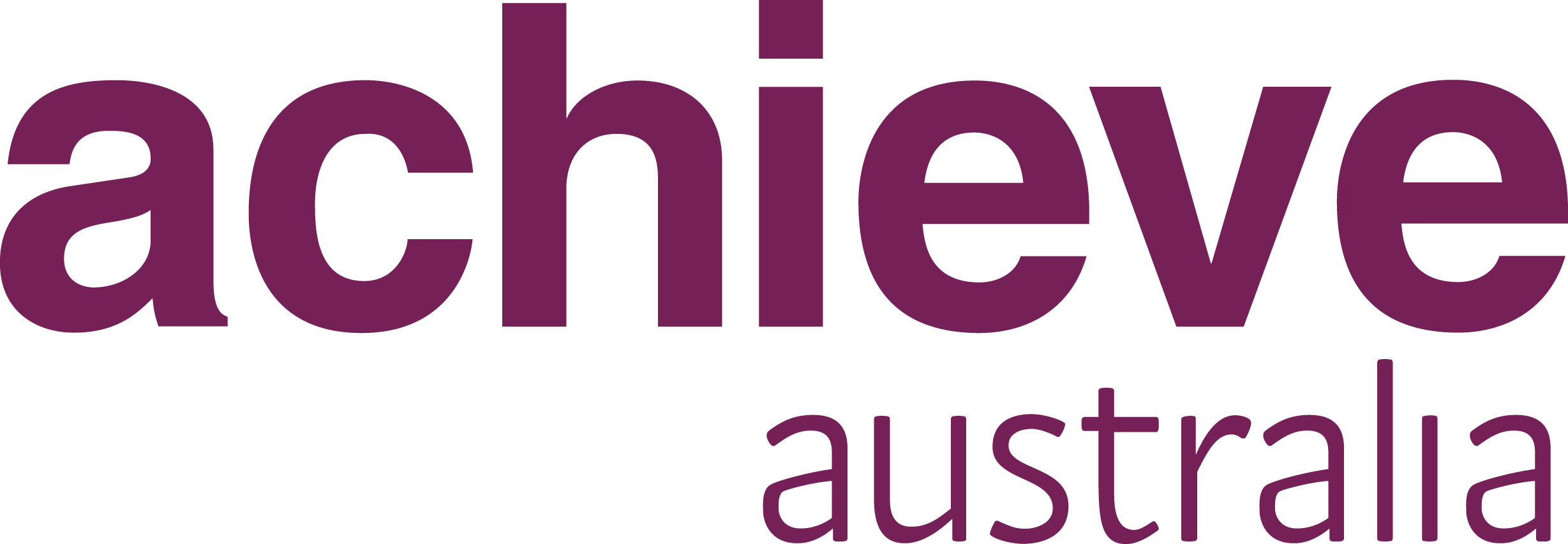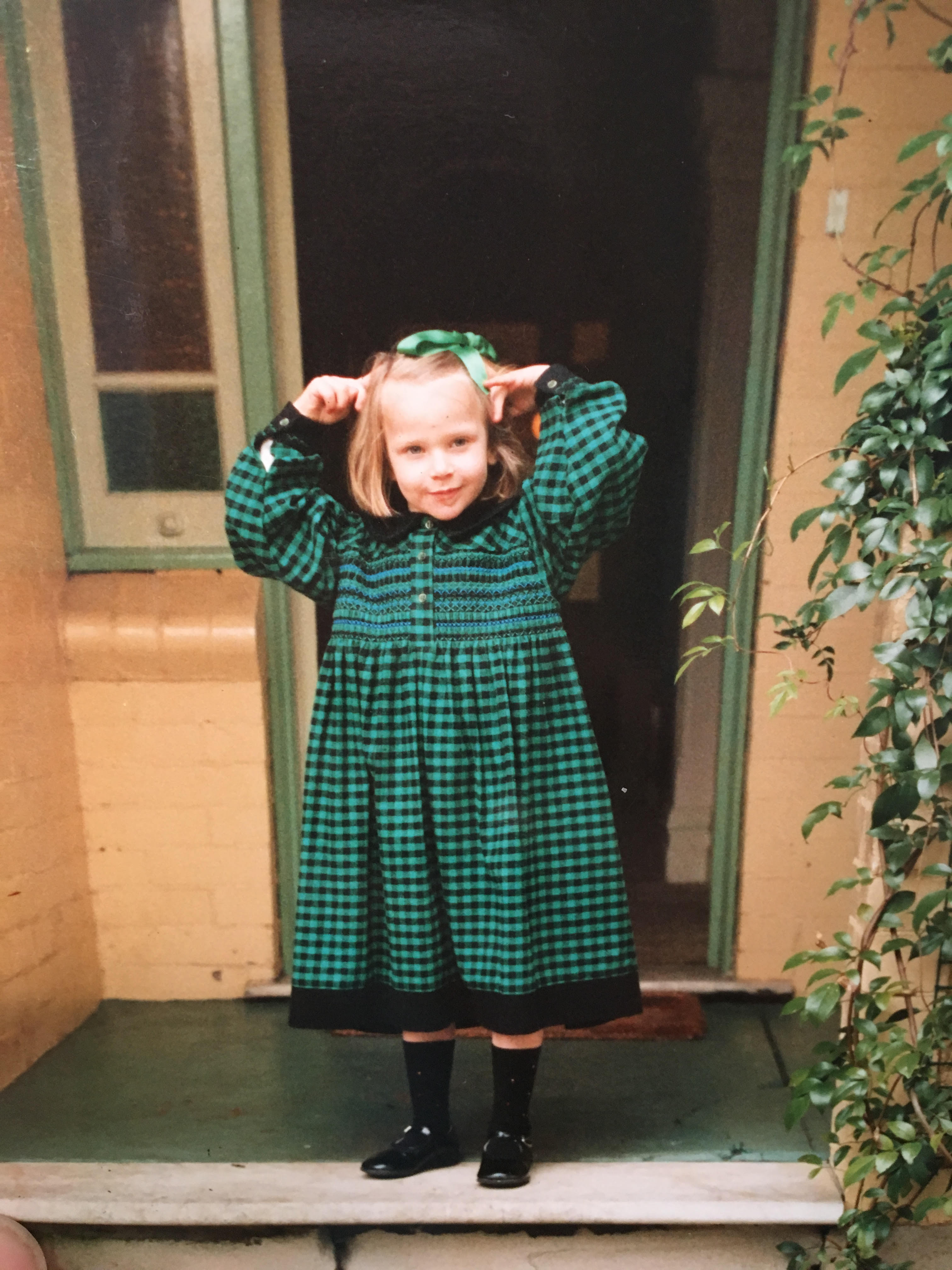6 November 2025
Before my diagnosis, I was six months old when doctors started questioning my mobility. However, life just goes on and kids develop at different rates. By the time I was eight months of age my parents received my diagnosis. As a child, I didn’t question why my legs didn’t work like the other kids’, why I got tired so easily, or why simple things felt harder. I just adapted. I carried on.
I was a bubbly little girl with big blue eyes and more questions than most seven-year-olds. I noticed things: how my friends could run across the playground without stumbling, how they didn’t need help getting dressed, how no one stared at them in the supermarket. I noticed, but I didn’t always understand.
That’s the thing - before diagnosis, you know you’re different, but you don’t have the words to explain it. And neither do the people around you. It’s a wide, confusing space where others try to fit you into boxes that don’t quite fit. Maybe you’re clumsy. Maybe you’re shy. Maybe you’re just not trying hard enough. That last one sticks the hardest.
When struggles don’t have a name, the world often views them as flaws. But diagnosis changes that. Suddenly, what was once seen as laziness or weakness is reframed as medical, social, or neurological. A diagnosis doesn’t fix everything, but it offers clarity, validation, and language for experiences carried silently for years.
For me, I remember being told at age four I had cerebral palsy. Suddenly, the physio appointments, the exhaustion, the stares, the way I moved through the world - it all made sense. It wasn’t my fault. It wasn’t about willpower. It was a neurological condition I’d had since birth.
That diagnosis changed everything. Not overnight, but slowly. It helped me see my body not as broken, but as one with its own story to tell. Life didn’t suddenly get easier - but it did get clearer. I began to advocate for myself, learn my rights, and face the maze of appointments and support systems with a new perspective.
I also had to unlearn years of internalised ableism - all the times I blamed myself for not being “enough” or for not meeting the world’s expectations. Post-diagnosis became a process of shedding shame and building pride. I found the disability community, where people just got it without me needing to explain. For the first time, I realised I wasn’t alone, wasn’t weird, and certainly wasn’t a burden.
Of course, the world didn’t magically become more accommodating. Accessibility still lagged. Attitudes still stung. There were moments when I was spoken over or ignored. Like the time I went out for coffee with a support worker, the waiter asked them for my order instead of me while I sat right there. I waved, corrected them loudly, and made sure they knew I wasn’t invisible.
That’s what diagnosis gave me the confidence to take up space, to speak up, to remind others that I belong.
Life before and after diagnosis doesn’t exist in neat, separate boxes, they overlap. I still carry the little girl who didn’t have the words for what she was feeling. But now I also carry something else: pride.
Disability isn’t a tragedy. It’s a culture, a perspective, a lived experience worthy of respect. My diagnosis didn’t change who I was., it gave me permission to be myself more fully.
Yes, systems around me still have a long way to go, health, housing, employment but I know now that the problem was never me. It was the lack of understanding, access, and support.
Diagnosis isn’t the end of the story. It’s the beginning of a truer one.
So, to anyone still in that in-between space, wondering, waiting, or wrestling with a label. I say this: You are not defined by a diagnosis. But having one might give you the tools to define yourself.
And that, to me, is everything.
Explore more topics
- Accessibility
- inclusion
- Achieve Australia
- disability
- belonging
- Community
- Employment
- The Sewing Basket
- Advocacy
- disability employment
- Accessible
- My Life My Say
- Celebrating people we support
- NDIS
- 2022
- Meet our Achievers
- blog
- people with disability
- travel
- women with disability
- Art
- Australia
- COVID-19
- Disability services
- Good nutrition
- Guildford
- Health tips
- Mental wellbeing
- NDS
- Sharing milestones
- Sydney
- achievable
- assistance dogs
- depression
- disability communications
- disability inclusion
- election
- employee of the year
- intellectual disability
- motherhood
- pregnancy
- social inclusion
- support workers

